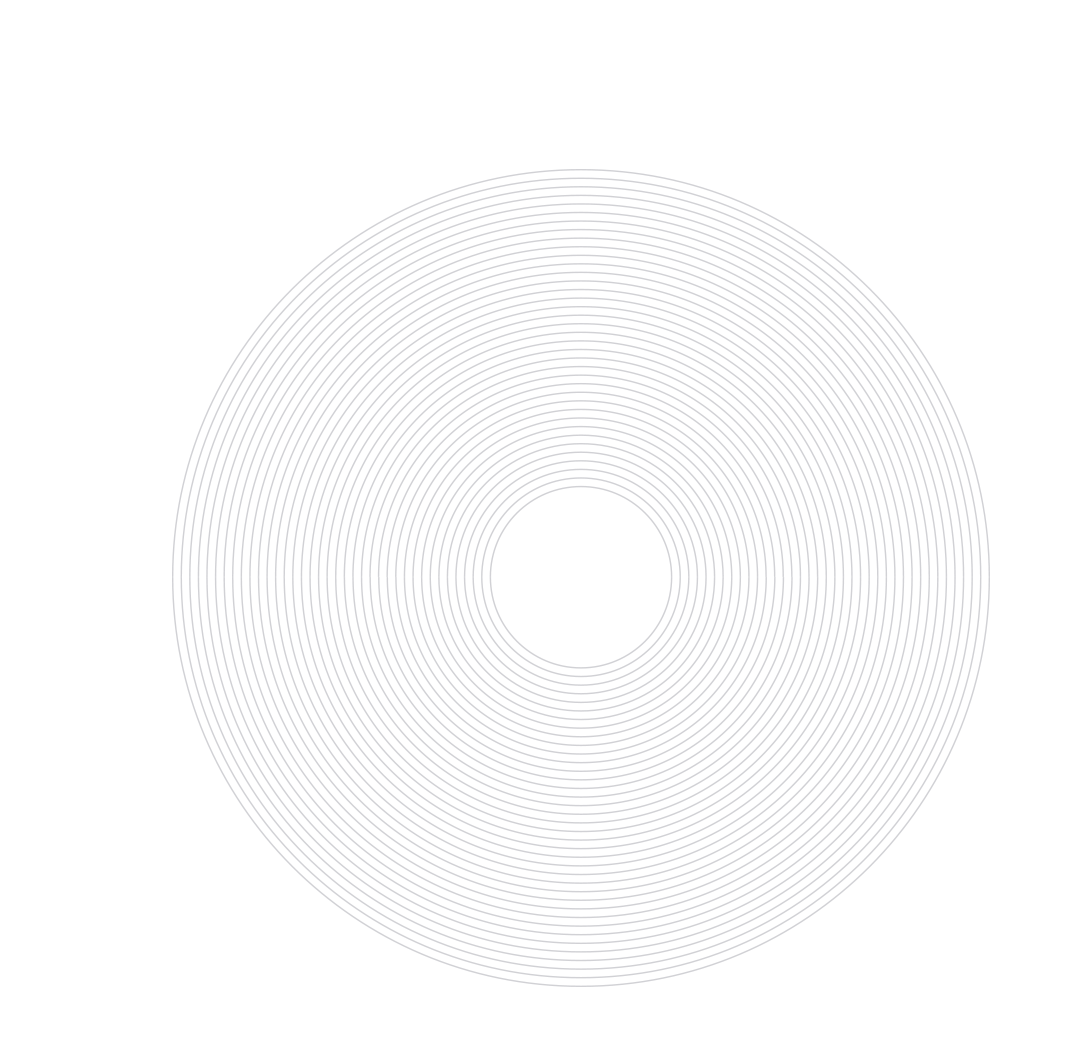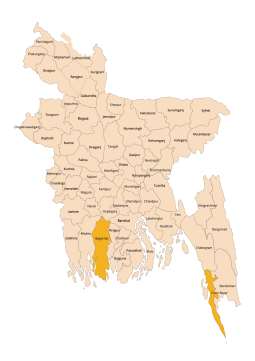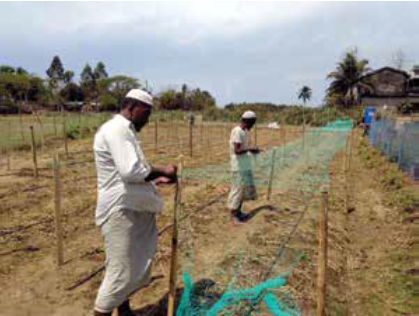
CARE Bangladesh is implementing Community-Led Innovation for Climate Risk Mitigation in Bangladesh- CLIMB, in the southwestern coastal district Bagerhat and southeastern coastal district Cox’s Bazar of Bangladesh. This 4-year program seeks to strengthen the adaptive capacity and climate resilience of vulnerable groups impacted by climate-induced saline intrusion in southwestern coastal district Bagerhat, a major hub of the world’s largest mangrove forest - the Sundarbans as well as decrease conflict risks among Rohingya refugee and host communities by scaling NBS in Cox’s Bazar district, the home of world’s longest beach highly expose to climatic hazards. The overall aim is to increase climate resilience and adaptive capacity of communities supported by locally led green and just solutions and accountable service mechanism in Bagerhat as well as decrease conflict risks among refugee and host communities in Teknaf and Ukhiya, Cox’s Bazar through humanitarian innovations towards reducing reliance on timber. The program focuses on two long-term outcome areas I) Resilient and climate-smart communities, and II) Green and just policies and systems. CARE has been implementing this program in partnership with RUPANTAR (Bagerhat) and SHED (Cox’s Bazar) and with the support from Ministry of Foreign Affairs Denmark (DANIDA).

Rayenda and Southkhali Union of Sarankhola Upazila (Bagerhat)
Jaliapalong Union and Camp-16 of Ukhiya Upazila (Cox’s Bazar)
The program covered a total of 869 individuals from 265 households of Rayenda and Southkhali union under Sarankhola sub-district and a total of 3860 individuals as direct project participants from the households of Jaliapalong Union and Camp-16 of Ukhiya Upazila under Cox’s Bazar district through implementing different program interventions namely practicing adaptive kitchen gardens, village saving loan association, and integrated aquafarming the majors.
CLIMB Cox’s Bazar engaged a total of 1969 targeted young and adult women and CLIMB Bagerhat reached a total of 705 (M: 188, F: 517) and engaged a total of more than 73% of women.
In Bagerhat, the project plans to reach the 2695 focus to continue engaging women and youth with special attention on families with female-headed households, widows, and Extremely Vulnerable Individuals (EVI) considering their needs and vulnerability.
In Sarankhola 75 households are practicing adaptive kitchen gardening with salt-tolerant crop varieties with drip irrigation. In Cox’s Bazar 318 HHs are practicing different drip irrigation techniques, sack bag cultivation and hydroponics.

Syed Alom and fellow project participants prepare to implement a drip irrigation system due to limited water availability for irrigation.
In the heart of Madarbunia, a village nestled within Ukhiya sub-district, life languishes under the ruthless scarcity of water. With a community dependent on agriculture and fishing, the dry soil has turned dreams into dust. For the residents, their labored existence seemed destined to remain tethered to poverty. Then emerged a beacon of hope, Syed Alom, a 55-year-old farmer who dared to challenge the norm with support from CLIMB project. Alongside eight fellow farmers, Syed explored an innovative solution – the Drip Irrigation System, a technique promising to revolutionize their water-starved lands. With pipes and drippers snaking across their cucumber field, they controlled the flow of life to their crops. The benefits were manifold: saved time, minimized weed growth, and crucially, conserved water. Their venture, initiated with BDT 32,000, bore fruits of prosperity, yielding a profit of BDT 15,000. More importantly, it paved the way for a sustainable future, with a system designed to support them for the next 5-7 years. The farmers, initially skeptical, now recognized the value of this modern approach to irrigation. Md Mejba Uddin, the Ukhiya Sub-district Agriculture Officer, lauded their determination and success. “Syed Alom’s initiative exemplifies adaptability and resilience," he commented. This tale from Madarbunia is a testament to the transformative power of innovation, promising a greener tomorrow even in the driest of lands.
© Copyright 2026 CARE Bangladesh. Powered By Bangladesh Online